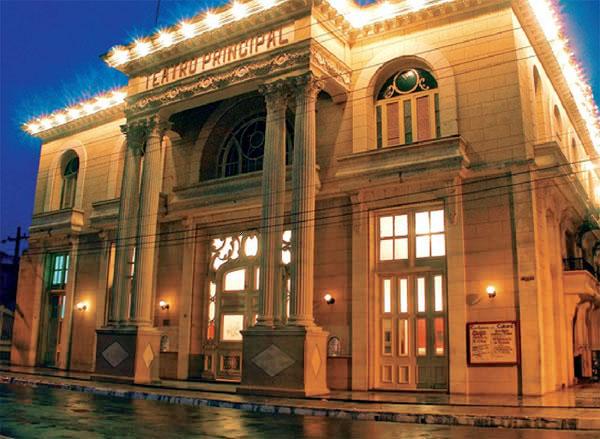-
Ciego de Avila. Cuba
- Ciego de Avila province Cuba
-
Description: Ciego de Avila province Cuba
In the 19th century, immigrants from Haití, Jamaica, Dominican Republic and Barbados arrived to the province, bringing with the a vast amount of cultural curiosities, like the cricket from Baraguá, voodoo from Venezuela, country from Majagua or fireworks from Chambas. Thanks to all these peculiarities, these immigrants made Ciego de Ávila become one of the most interesting provinces of Cuba. But, it was not until 1975 when this province stopped being a passing-through area to become a place of settlement. This happened when they started to build ambitious tourist resorts in Coco Cay and Guillermo Cay.
In the city of Ciego de Ávila you’ll be able to visit cultural sites like the Simón Reyes Provincial Museum or the Raúl Martínez Provincial Art Gallery, but also to get lost on its beautiful streets and visit its newly-made Boulevard. If we move to the area of Morón, the atmosphere changes, having the chance to do lots of things, most of them related to nature. Don’t miss visiting Leche Lagoon, La Redonda, Loma de Cunagua Hill or Turiguanó Island. In Turiguanó is located El Pueblo Holandés (The Dutch village), a small village with Dutch architecture in the heart of Cuba.
But no doubt, the strong point of Ciego de Ávila is its hidden paradise. It fine-grained sand and turquoise waters beaches, surrounded by lush vegetation will surprise you. Coco Cay and Guillermo Cay house numerous beach and hotels, being one of the most demanded tourist destinations in the Caribbean.
Ciego de Ávila is one of the provinces of Cuba, and was previously part of Camagüey Province. Its capital is Ciego de Ávila, which lies on the Carretera Central (central highway), and the second city is Morón, further north. The province was separated from Camagüey Province in 1975 by the government. Off the north coast of the province, some (cays) of the Jardines del Rey archipelago are being developed as tourist resorts, principally Cayo Coco and Cayo Guillermo. The south coast is characterised by mangroves. Between Morón and the north coast are several lakes, including the Laguna de Leche (the Lagoon of Milk, so called for its white appearance because of large lime deposits underwater) which is the largest natural lake in Cuba.
-
Ciego de Avila Map
-
Baragua
Baraguá is a municipality and town in the Ciego de Ávila Province of Cuba. Its administrative seat is…
Bolivia
Bolivia is a municipality and town in the Ciego de Ávila Province of Cuba. It is located in the north-eastern…
Chambas
Chambas is a municipality and town in the Ciego de Ávila Province of Cuba.It is located in the northern…
Ciego de Avila
Ciego de Ávila is a city in the central part of Cuba and the capital of Ciego de Ávila Province. The…
Ciro Redondo
Ciro Redondo is a municipality and town in the Ciego de Ávila Province of Cuba. It is located halfway…
Florencia
Florencia is a municipality and town in the Ciego de Ávila Province of Cuba. It is located in the western…
Majagua
Majagua is a municipality and town in the Ciego de Ávila Province of Cuba. It is located in the eastern…
Moron
Morón is a city and a municipality in Ciego de Ávila Province in central Cuba. It is one of ten municipalities…
Primero de Enero
Primero de Enero is a municipality and town in the Ciego de Ávila Province of Cuba. Originally named…
Venezuela
Venezuela is a municipality and town in the Ciego de Ávila Province of Cuba. It is located immediately…
-
 Rio Azul
Rio Azul
Carretera Central Km 22, Los Hoyos. Ciego de Avila, Cuba
(5333) 200982 33km 679m

















